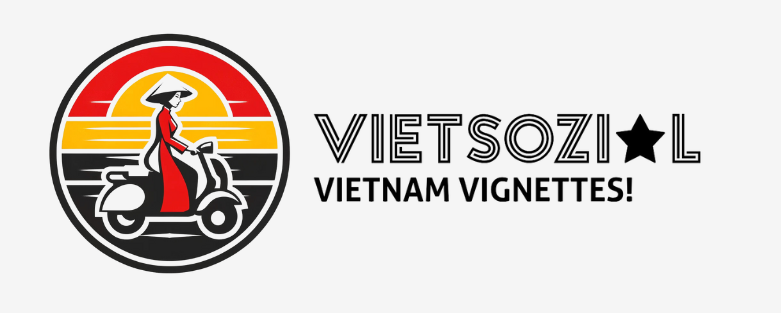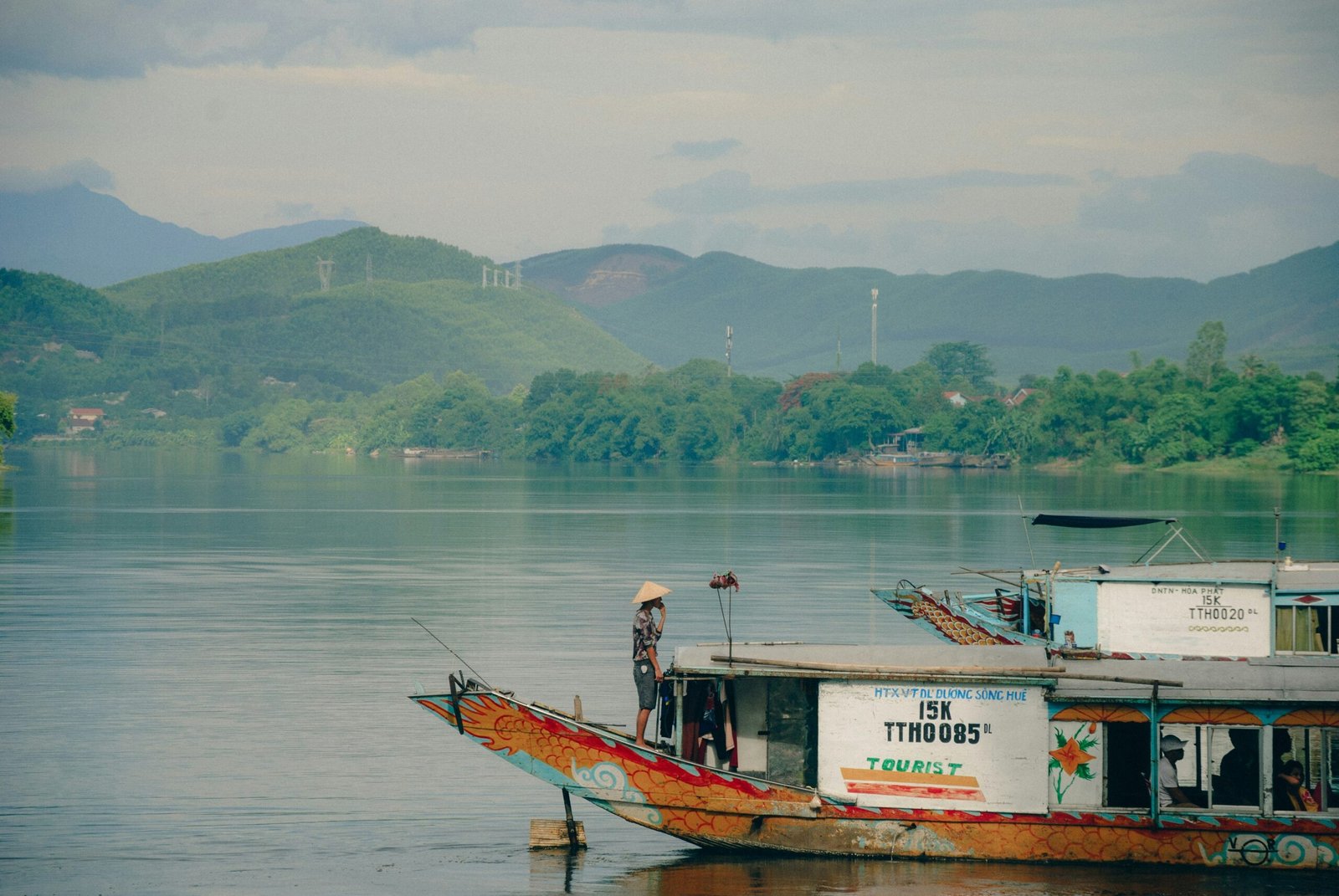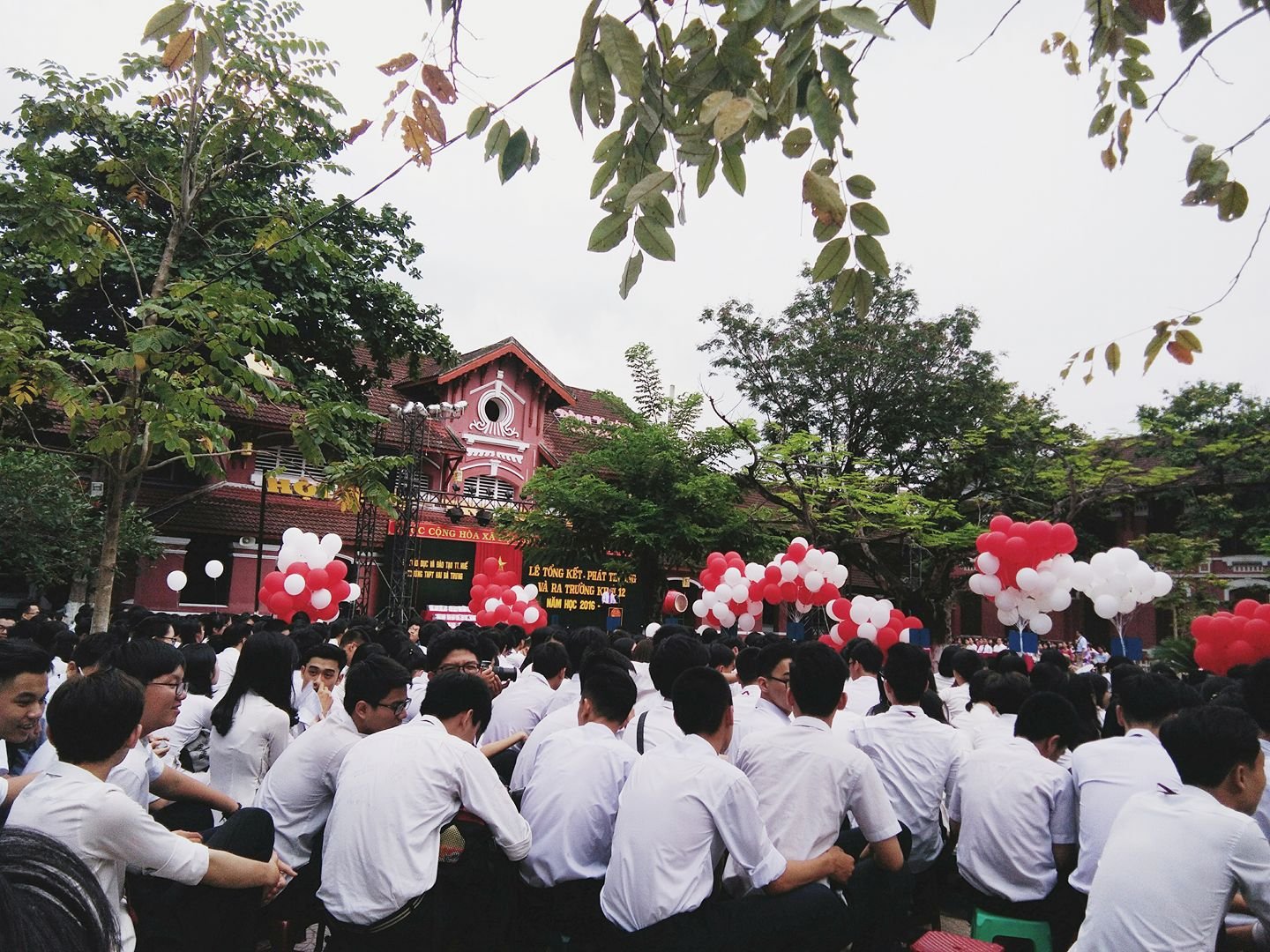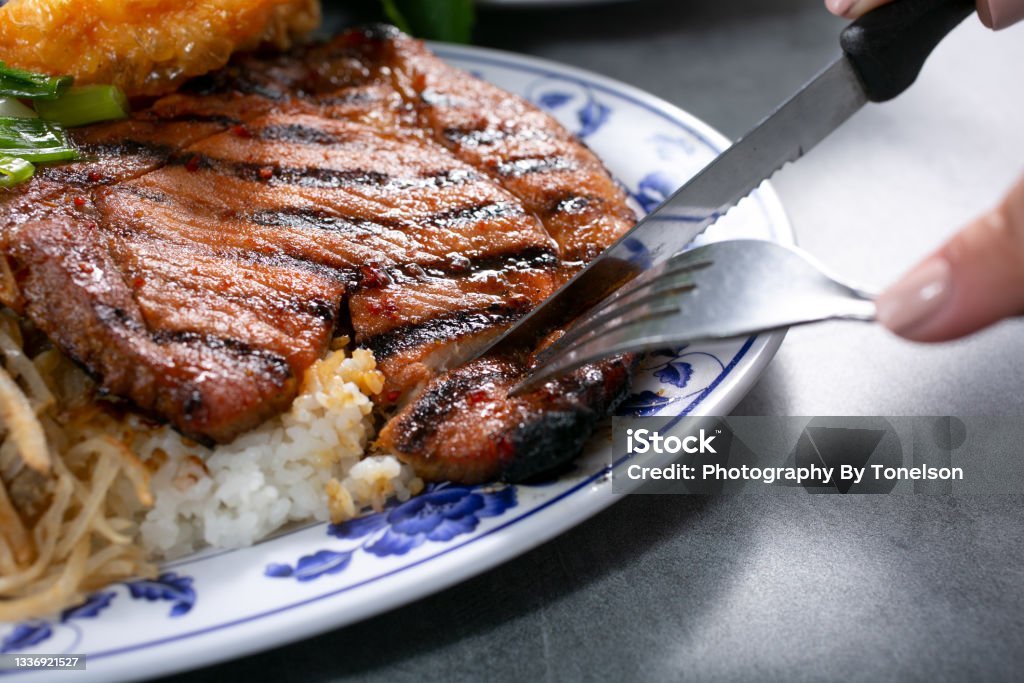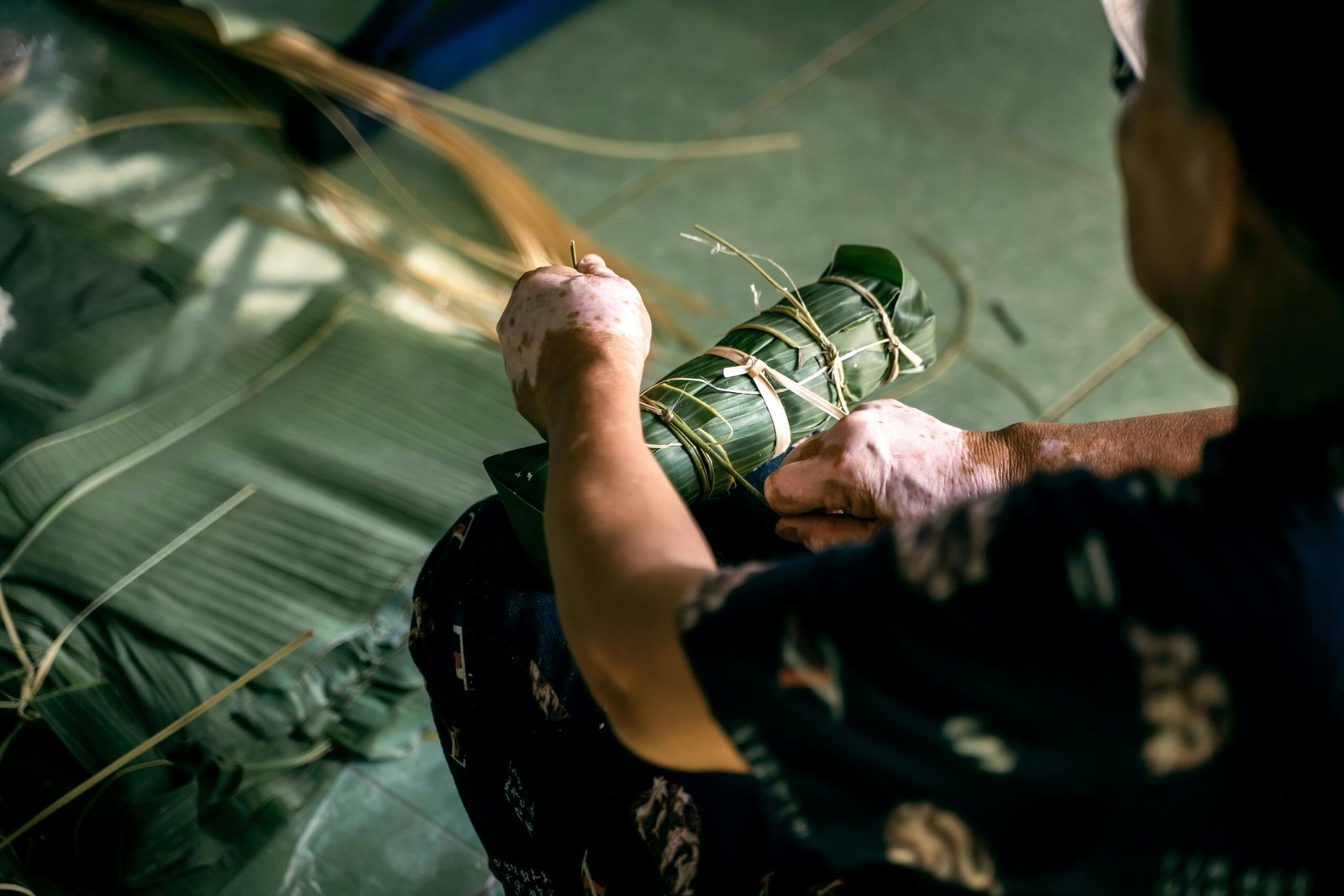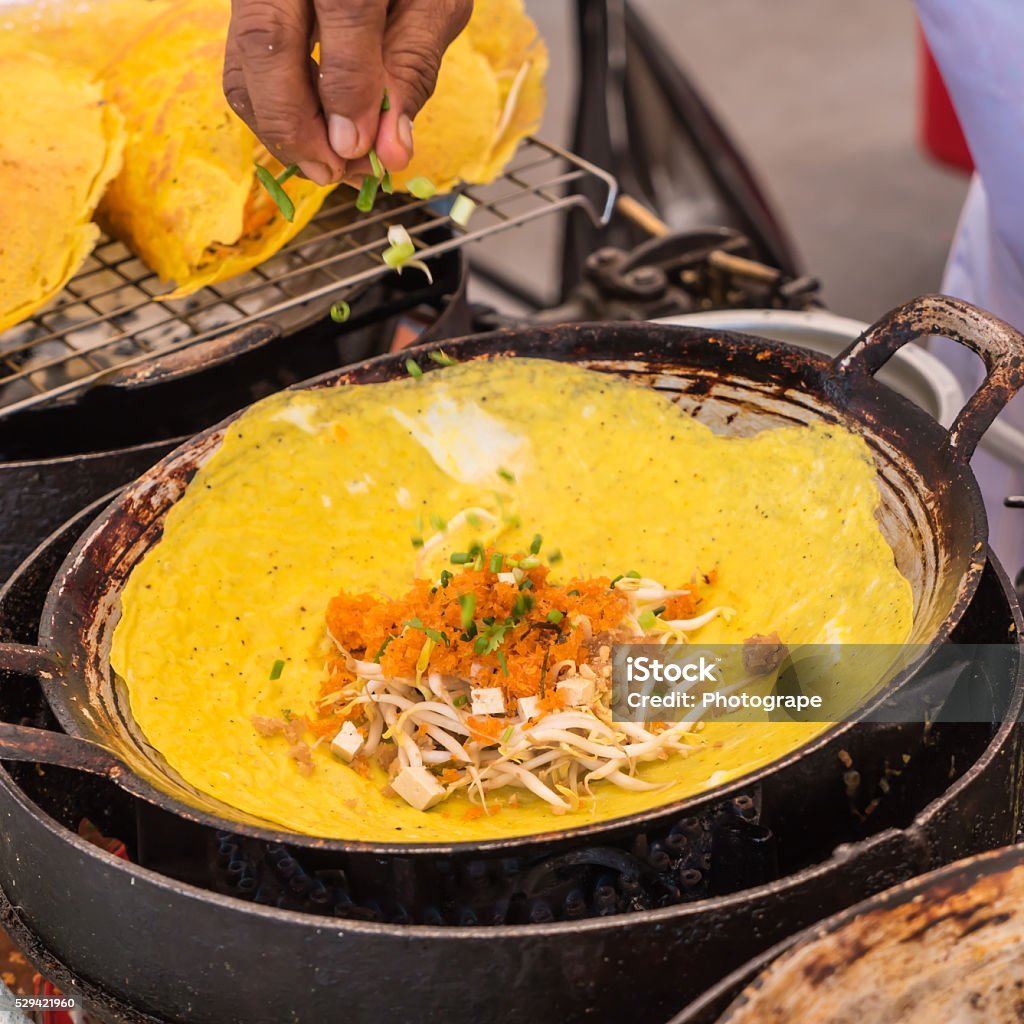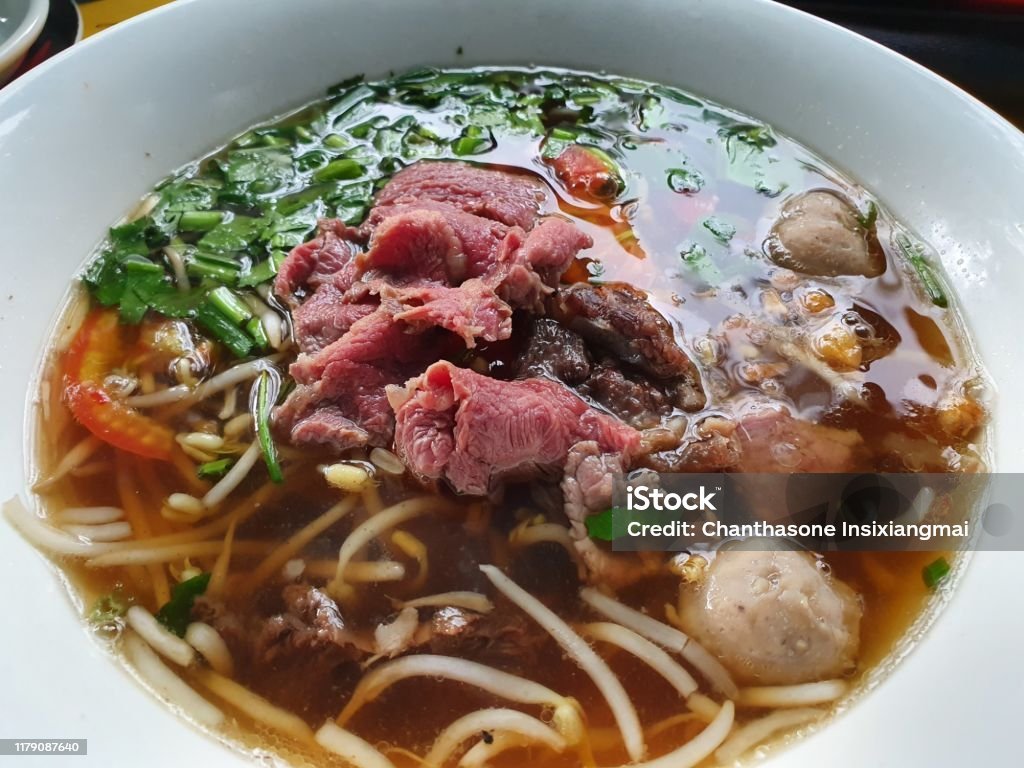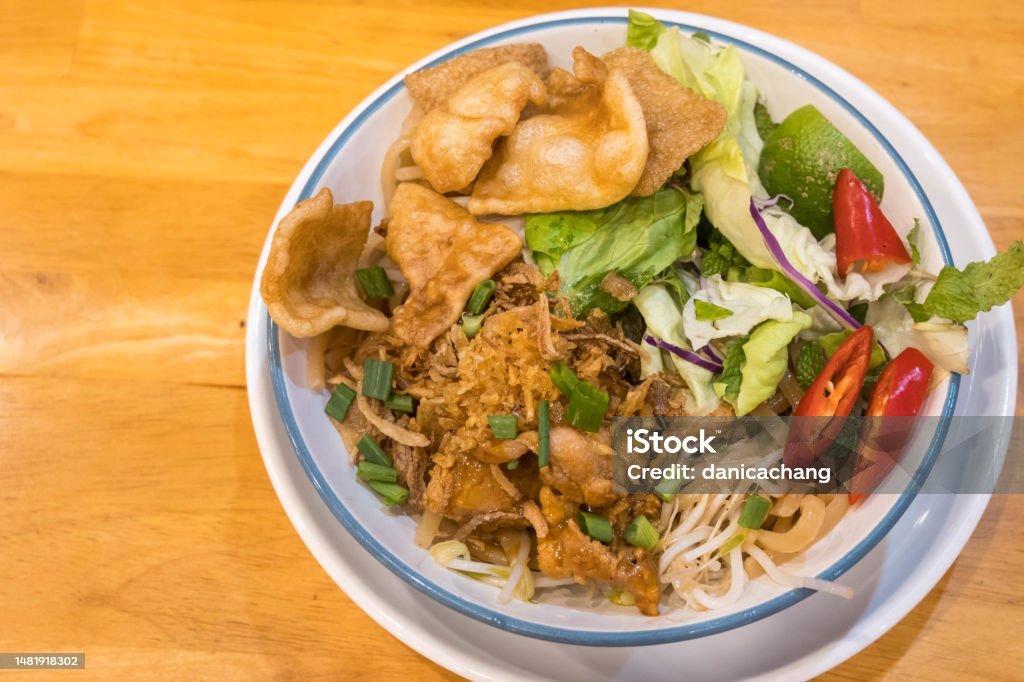
Vietnam’s distinctive charm and identity are deeply intertwined with its intricate network of rivers and deltas, especially the renowned Mekong Delta. These waterways are not mere geographic landmarks but crucial to the country’s culture, economic prosperity, and daily existence. Their presence weaves a rich tapestry through Vietnam’s landscape, underscoring the nation’s unique character and the significant role these waterways play in the lives of its people.
Vietnam’s Geographical Backbone: Rivers and Deltas
The geography of Vietnam is dominated by two major river systems: the Red River in the north and the Mekong River in the south. These rivers and their numerous tributaries and deltas form the backbone of Vietnam’s geographical and cultural landscape. The fertile deltas of these rivers are the agricultural heartlands of the nation, providing the necessary conditions for rice cultivation and fish farming, which are integral to Vietnamese cuisine and economy.
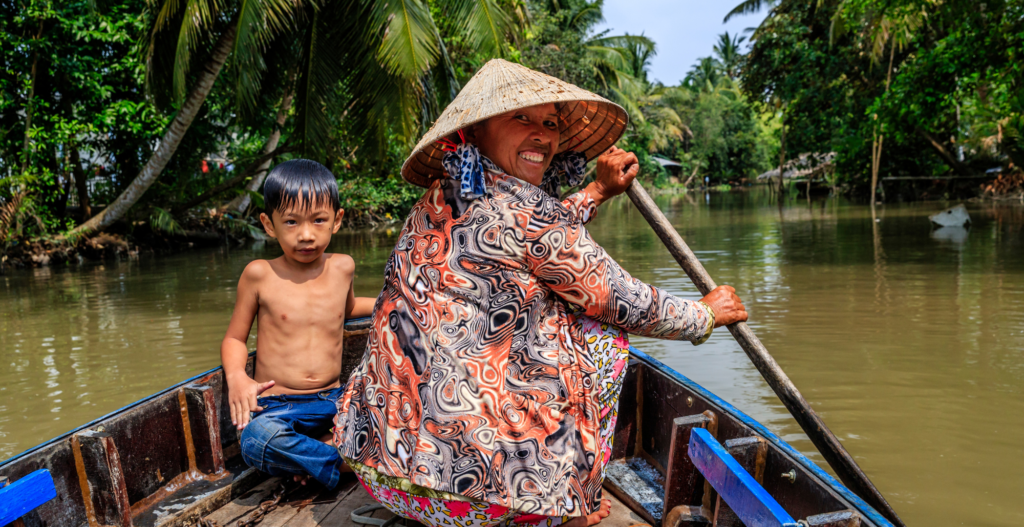
Cultural Significance of Waterways
In Vietnamese culture, rivers are more than just water bodies; they are revered as sources of life and prosperity. Many Vietnamese festivals and traditions are intimately connected to water. For example, the annual Water Festival celebrates the end of the rainy season and the importance of water for cultivation. Similarly, the Lunar New Year often involves rituals and offerings made to the river spirits, reflecting the deep spiritual connection between the Vietnamese people and their waterways.
Life on the Mekong Delta
The Mekong Delta, known as the ‘Rice Bowl’ of Vietnam, is a testament to the adaptability and resilience of the Vietnamese people. Life in the delta revolves around the river, with communities living in stilt houses along the banks and floating markets bustling with trade. The delta’s complex network of waterways is a lifeline for transport, agriculture, and fishing, sustaining millions of lives.

Economic Impact of Waterways
The rivers and deltas are central to Vietnam’s economy. They provide critical routes for transportation and trade, connecting remote areas with urban centers. The Mekong Delta alone is responsible for a significant portion of Vietnam’s agricultural output, including rice, fruits, and seafood, contributing substantially to the nation’s economy and food security.
Challenges and Conservation
However, these waterways face significant challenges, including pollution, climate change, and upstream damming. These issues threaten the ecological balance of the deltas and the livelihoods of millions who depend on them. Recognizing these challenges, Vietnam has been actively involved in conservation efforts and sustainable practices to preserve these vital waterways for future generations.
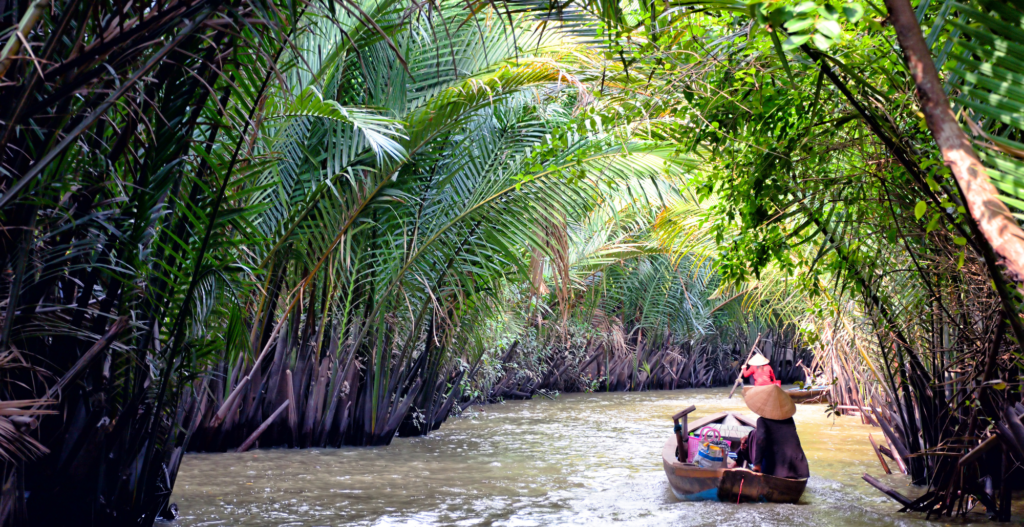
The waterways of Vietnam are much more than physical entities; they are the essence of Vietnamese culture, economy, and everyday life. From the fertile plains of the Mekong Delta to the cultural rituals along the Red River, these rivers are the lifeblood of Vietnam, shaping the country’s identity and continuing to flow through the heart of its people.
As Vietnam strides into the future, it carries the legacy of its rivers and deltas, a reminder of the enduring bond between nature and culture. The preservation and sustainable management of these waterways are essential, not just for environmental reasons but for maintaining the cultural and economic fabric uniquely Vietnamese.
Discover Sustainable Living Practices of Rural Vietnam.

